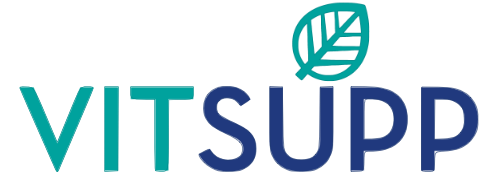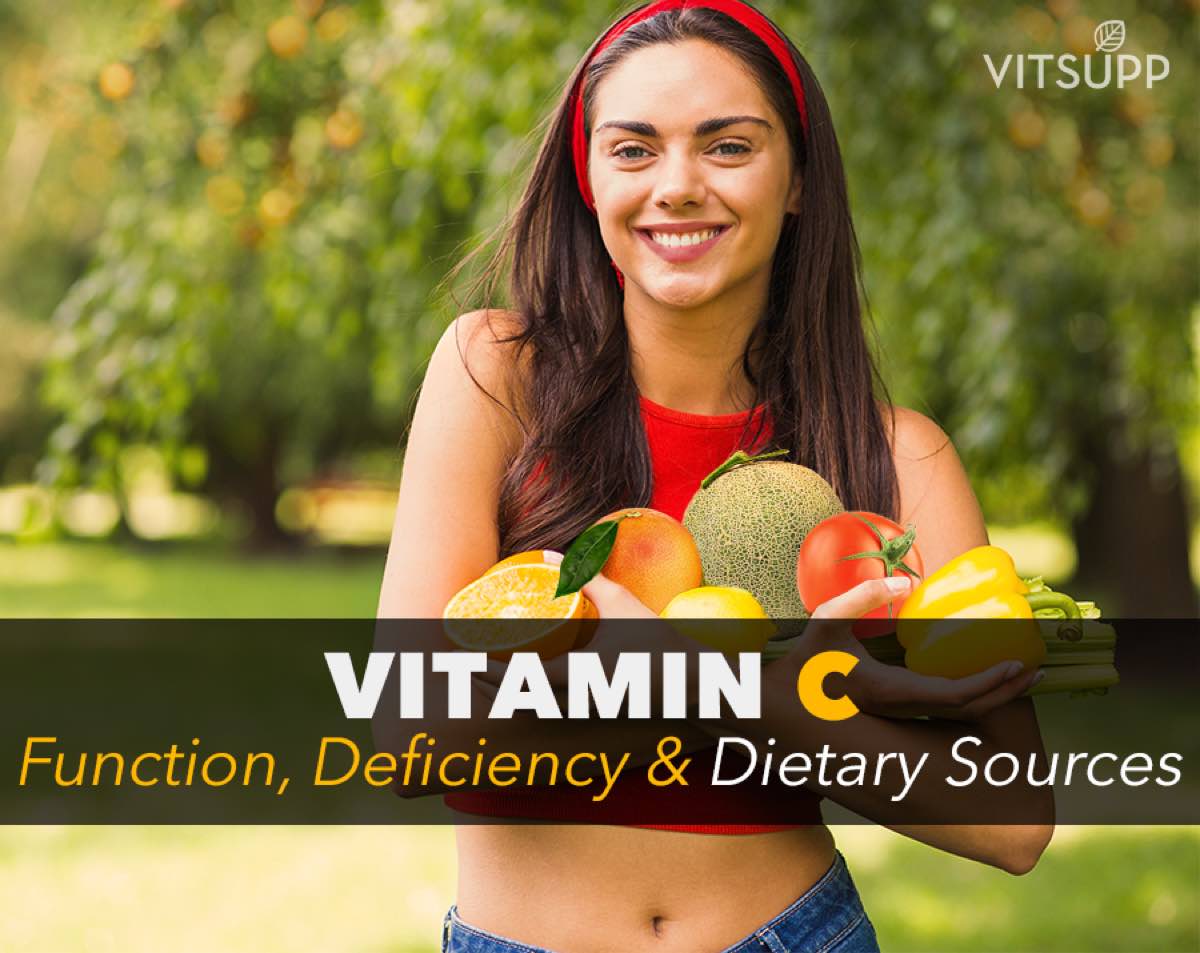Vitamin C or L-ascorbic acid, or simply ascorbate, is an essential nutrient. Vitamin C is a cofactor in at least eight enzymatic reactions, including several collagen synthesis reactions that, when dysfunctional, cause the most severe symptoms of scurvy.
Contents
Physiological Function of Vitamin C
Vitamin C is a powerful water soluble antioxidant for both intra and extra-cellular reactions and is heavily involved in reactions with reduced iron and copper metallothione enzymes.
The synthesis of collagen (proline or lysine hydroxylatlon), carmtine and neurotransmitters (note p1- nephrine and 5-hydroxytryptophan) require vitamin C dependent enzymes.
It has a very important role in wound-healing and in preventing bleeding from capillaries. Ascorbate may also act as an antioxidant against oxidative stress.
Deficiency of Vitamin C
Vitamin C has a short physiological half-life and chemical instability and therefore it is considered to be the most problematic nutrients to assess in terms of its sufficiency in an individual. Vitamin C deficiency occurs if their is no optimal intake on a regular basis.
Health concerns due to Vitamin C deficiency
- Scurvy
- Skin hemorrhages
- Petechiae. gum changes, hyperkeratosis and arthralgia
Assessment of Vitamin C Status
Serum Vitamin C markers
Supplementation of Vitamin C
Adult Repletion: 1000 to 5000 mg/d
Best or Bio-available or Active form of Vitamin C
Active form: Ascorbic acid.
However we recommend using ascorbate form which is the buffered Vitamin C, it is benign on stomach and can be consumed in sufficient dosage and is suitable for children.
Dietary sources of Vitamin C
Dietary sources of Vitamin C are:
- Citrus fruits
- Tomatoes and tomato juice
- Potatoes
- Red and green peppers
- Kiwifruit
- Broccoli
- Strawberries
- Brussels sprouts
- Cantaloupe


